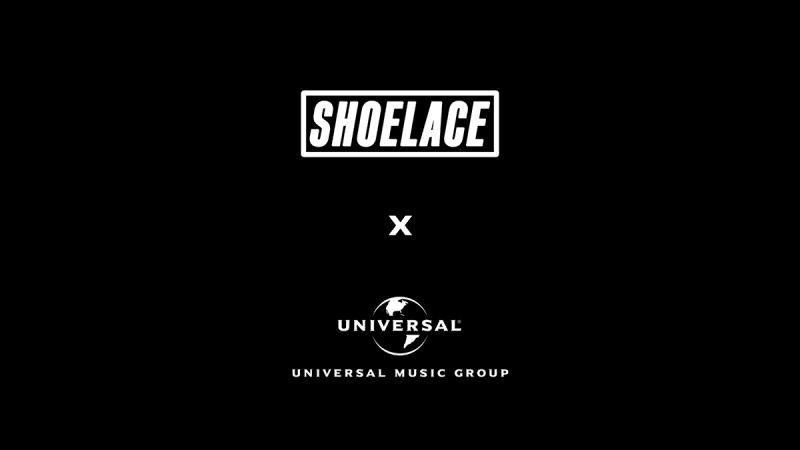
Universal Music Group announced they had acquired music publisher Shoelace Records on Tuesday for a currently undisclosed sum. Shoelace Records was founded in 1995 and has published a plethora of music for a variety of genres, from blues music to film soundtracks.
In the wake of Universal Music Group going public in 2021, there is more transparency on UMG's financial numbers, which reveal Universal's bullish buying of catalog rights and publishing companies such as Shoelace. With UMG revealing the amount of money it spent on "content investment" last year but also breaking down that into categories based on what it spent on: (1) Catalog acquisitions; and (2) Royalty advances to signed artists and songwriters.
The Shoelace acquisition would fall under their catalog investment category, and thanks to UMG's public status and transparency, it's evident what Universal spent on catalog buyouts throughout the past few years as well, showing UMG's attempt to hold onto their ~30% music market share.
In 2020, UMG shocked the music industry by spending $400 million USD to buy Bob Dylan's song catalog, only a part of €929 million (USD $1.06 billion) total annual spend by UMG on music catalog acquisition that year.
However, UMG is not the only label in a buying gold rush, KKR spent $1.1 billion buying a portfolio of rights from Kobalt Music Group in October last year. Sony Music Group spent an estimated $550 million on Bruce Springsteen's publishing catalog. Sony dropped over $150 million on Bob Dylan's catalog in 2021, and Paul Simon's publishing rights in a deal rumored to be worth upwards of $200 million. Not to be outdone, Warner Music Group splashed $250 million on the David Bowie song catalog, as well as spending over $100 million on David Guetta's catalog.
All of that being said, Universal has already been noticeably more active in the blockbuster catalog buyout space in 2022 than it was in 2021.
In addition to the Shoelace Records deal, in the past month alone, UMG has announced its acquisition of Sting's song catalog – in a deal believed to have cost north of $300 million as well as the buyout of Neil Diamond's song catalog and master recordings.
UMG's investor presentation adds that it is not interested in "passive rights" which are music income streams which it has no control over. UMG takes a "financially disciplined, ROI-based approach" to catalog acquisitions. UMG further notes that it is currently spending big on "front-loaded advances" to "secure long-term, broader, multifaceted rights" from artists.
According to MBW's calculations based on UMG's newly-announced annual results for 2021, the major music company topped USD $10 billion in annual revenue last year, with an annual adjusted EBITDA above $2 billion.














